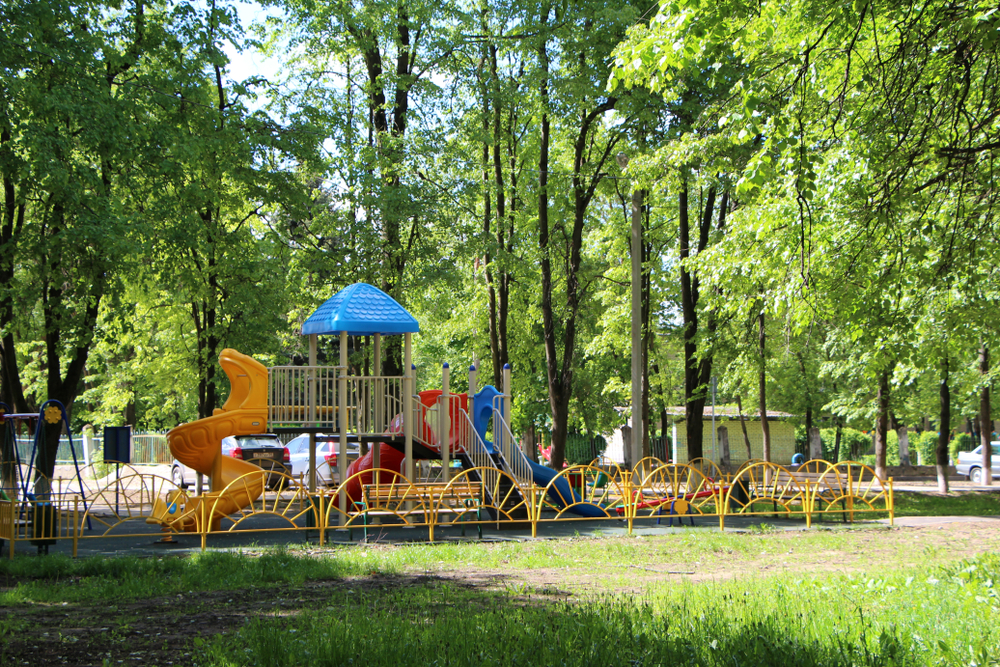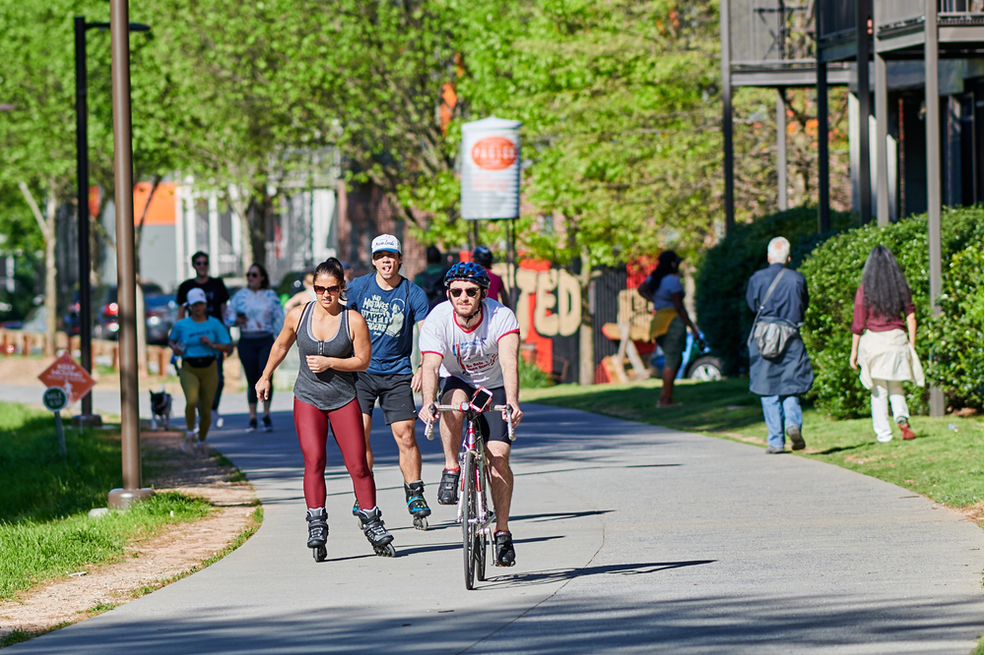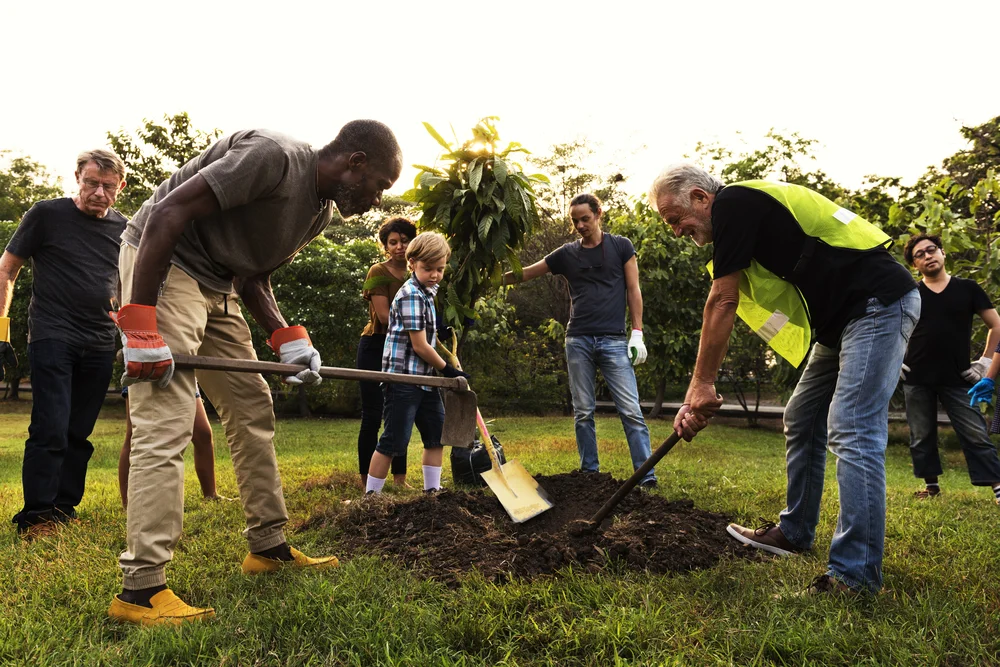Small Is Beautiful: A Grant Program Fixes up Neighborhood Parks
/ Tate Williams
photo: Nataly-viva/shutterstock
Atlanta has emerged as an unlikely standout in the realm of creative land use and urban green space, and we’ve mostly documented this rise in the context of some of its larger philanthropy-backed projects. In addition to the Atlanta BeltLine, which describes itself as "among the largest, most wide-ranging urban redevelopment programs currently underway in the United States," the city recently announced a $100 million Piedmont Park expansion that will be mostly funded by private donors.
But there’s a lot happening across several of the city’s lower-profile parks that might not make the national stage, but is worth highlighting nevertheless.
Specifically, a nonprofit called Park Pride acts as an advocate and resource for advancing parks in Atlanta, but also has a very cool matching grant program—a few, actually, each funded by a different benefactor—giving relatively small amounts to improve many of the city’s open spaces, and even create some new parks.
The organization recently announced a little over $1 million in grants to 14 community groups to fund capital park improvements, its largest round to date. Of the latest grants, projects include the creation of a new park, nature trails and paths, water management features, fitness centers, seating, and new playground equipment. A number of the projects are basic redesigns to take the spaces up a notch, others are upgrades to existing equipment, and landscaping improvements. One unique project will turn a dilapidated brick building into a walled garden and gathering space.
In total, the nonprofit has given more than $5.8 million to projects to date, with matching grants ranging from $100 to $100,000. Park Pride’s grantmaking started in 2004 with the launch of a small-scale matching grant fund supported by local funder the Cecil B. Day Foundation. The next program launched in 2007, a larger fund backed by prominent Atlanta philanthropy the Robert W. Woodruff Foundation. In 2012, a mid-range program launched with funding from the Home Depot Foundation.
So much of parks philanthropy we cover is in the form of large, high-profile projects backed by corporations or donors looking to foster economic development with projects like the High Line or Central Park. So we’re always on the lookout for grantmakers that are more redistributive, or seeking to benefit many areas of a city.
One big concern over parks philanthropy is that it will do more to concentrate wealth and benefit thriving development hotspots over existing communities. New York has notably struggled with this tension, with the de Blasio administration trying to counter it with a Community Parks Initiative.
Park Pride’s grantmaking is a positive example, in the shadow of the BeltLine, that is reminiscent of projects like Patronicity, or Detroit Future City’s vacant lot grant program. It’s also one you could see other community philanthropists teaming up to emulate, even smaller ones, to make steady improvements throughout a city for a modest amount of giving.
Related:
- As Tension Grows Around Private Donors and Public Spaces, Here's One Bright Spot
- In a Funder's Big Commitment to Boosting Public Spaces, a Better Way for Parks Philanthropy
- This $100 Million Project is the Latest Example of the Boom in Parks Philanthropy
- Mini-Grant Program Taking on Detroit’s Vacant Lots, One by One






































